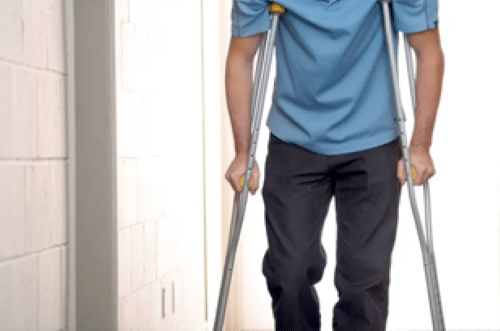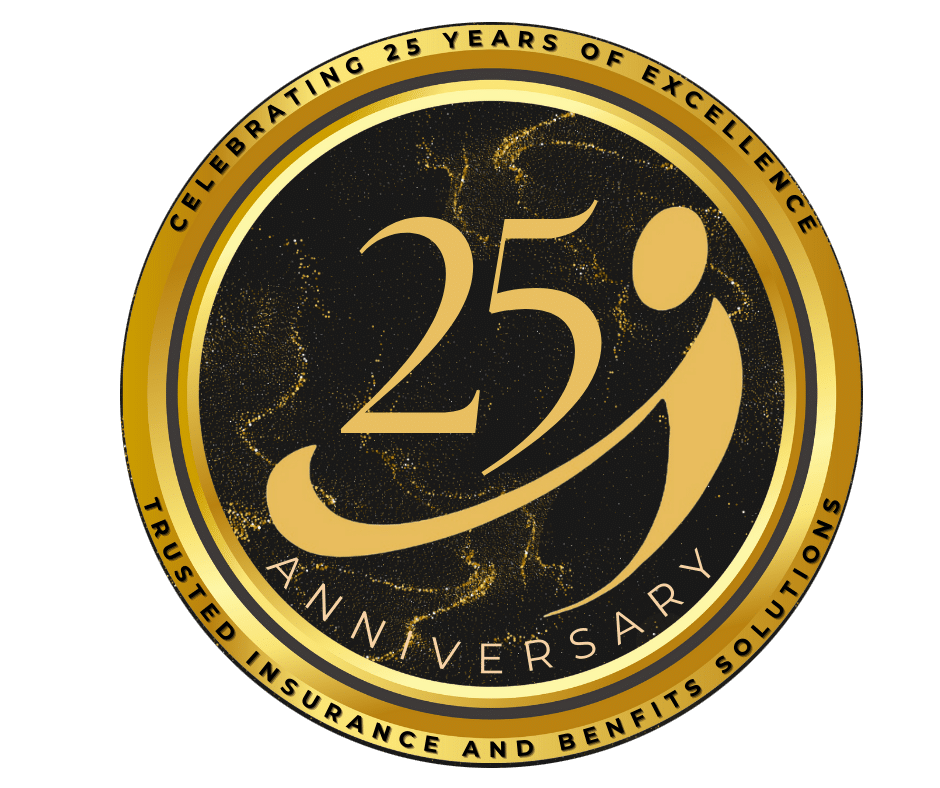Most employee benefit plans include some form of Short-Term Disability (STD) coverage. When considering a new employer, prospective employees are usually keen to look at the health benefits, the retirement plan, and vacation days. Short-Term Disability isn’t necessarily top of mind – but it SHOULD BE!
Employees often assume they will never have to use their disability benefits. Employers, however, provide disability benefits to employees in case of an unforeseen illness or accident that prevents them from working. With this benefit, employees can focus fully on their recovery while still receiving a paycheck.
Qualifying for Short-Term Disability
An application to receive Short-Term Disability benefits must include proof of claim which is satisfactory to the employee’s Benefits Manager. You will have to provide a physician’s verification of your disability, and that you remain disabled during the waiting period after the application has been made. You must be under the regular care of your physician for the illness or injury to receive the STD payments as outlined in the benefits plan. Examples of common situations which qualify for STD include:
- Recovery from major surgery
- Mental health issues or leave
- Recovery following an injury or accident
You are NOT considered disabled if you can perform a combination of duties that regularly took at least 60% of your time to complete.
Understanding STD Options
If your STD meets the requirements of preventing you from performing a substantial portion of your regular job duties at your workplace, or any workplace, then you might also qualify for other forms of disability benefits beyond your employer’s plan. For example, you might be entitled to disability benefits under the Canada or Quebec pension plan, or under any Worker’s Compensation Act or similar legislation.
Please note that, if you receive Short-Term Disability payments from these or any other sources, your employee benefits plan payments will be reduced accordingly.
In the absence of Short-Term Disability coverage under your benefits plan, you may apply for and potentially receive Employment Insurance benefits up to 55% of your earnings for a maximum of 45 weeks. Your net family income is factored into your weekly benefit amount. The maximum yearly insurable earnings amount is $60,300, in which case you could receive a maximum amount of $638 per week.
A Host of STD Exclusions
People can suffer from injuries or illness for a variety of reasons which are NOT covered by Short-Term Disability insurance providers. Here are examples of those exclusions:
- Medical or surgical procedures for cosmetic reasons except where attributed to illness or injury;
- Suicide, attempted suicide, or intentionally self-inflicted injury;
- Voluntary or intentional inhalation or administration of drugs, poison, poisonous substances, gas, or fumes;
- Hostile action of any armed forces, insurrection, or participation in a riot or civil commotion;
- Any injury or sickness for which you are not under the regular care of a licensed practicing physician;
- Injury or sickness for which you are entitled to benefits under any workplace safety legislation;
- Participation in any criminal offense;
- Operation of a motorized vehicle while your ability to drive is impaired as a direct result of substance abuse or while your drug or alcohol levels exceed the maximum allowable by law in the jurisdiction where the accident occurred.
We have more to share about Short-Term Disability, including how to file a claim and what a recovery plan looks like – stay tuned for Part 2 of this blog, we’ll be discussing these points and more.
HRS creates tailored yet fully adjudicated Short-Term Disability programs that enhance employers’ benefits programs. The HRS self-funded STD plans provide the financial security, support, and caring that employees are searching for.
To schedule your Complimentary Consultation with Health Risk Services, please call 403-236-9430 OR email: [email protected]














